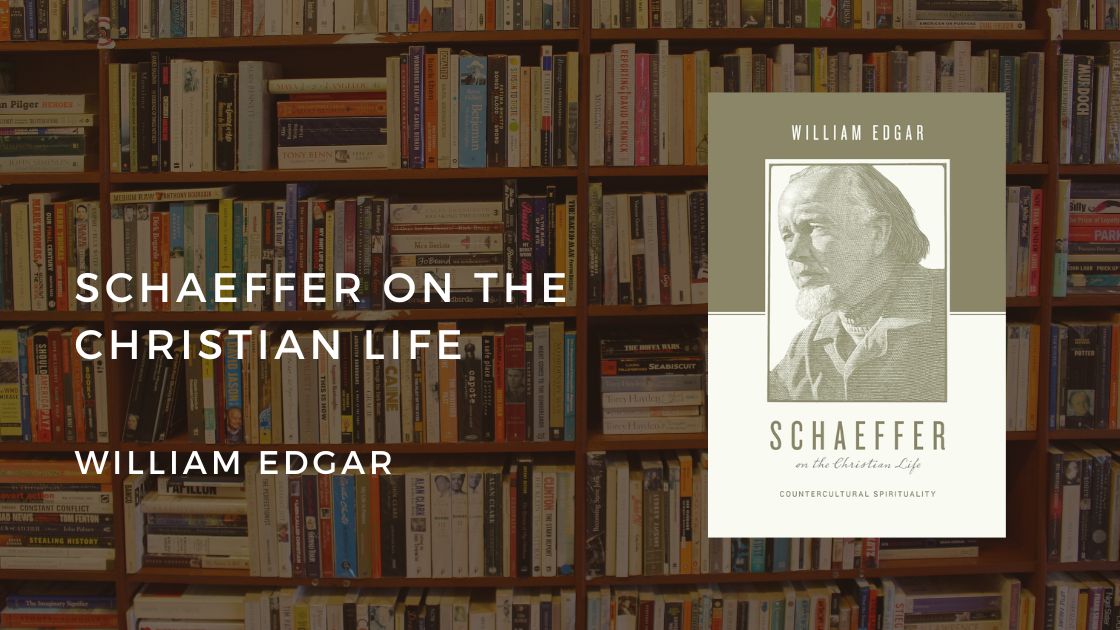This is an older article that I thought deserving of a repost. When one is associating a belief with the text of Scripture it is never wise to choose texts from obscure, debated or overly figurative portions of the Bible. Why go to a vision of Zechariah when you can go to an epistle of Paul for the same doctrine? When tying a doctrine concerning the Church to Scripture we find good men like F. Turretin running to the song …
Author: Paul Henebury
This is another review that never saw the light of day at this venue. Review: On the Shoulders of Hobbits: the Road to Virtue with Tolkien and Lewis, by Louis Markos, Chicago: Moody Publishers, 2012, pbk, 234 pages. When I came across this book at a bookstore I was weighing its purchase against another, more “academic” work that I had in my hand. Just a few years ago I’m ashamed to say I would have put this book down without going to the …
This is an older review that never saw the light of day here: Book Review: Schaeffer on the Christian Life, by William Edgar, Wheaton, Illinois: Crossway, 2013, 206 pp, pbk. This book is one of Crossway’s Countercultural Spirituality series. Of all the volumes in the series perhaps the most natural choice for inclusion is Francis Schaeffer. Schaffer it was whose lectures and writings urged upon a docile church the responsibility of engaging the culture. His L’Abri mission epitomized a way of …
The Book of Galatians is unique in many ways because of its polemic nature, aimed as it is against Christians in churches who have listened to false teaching and abandoned (or are close to abandoning) Paul’s teaching. It has not been well-served with commentaries, although some historical works are of note. Remember, I have preachers in mind for these recommendations. Balance is important. Other works are worth looking at, such as Phillip Graham Ryken’s contribution to the REC, but Stott …
A review of David B. Capes, Matthew Through Old Testament Eyes, Grand Rapids: Kregel, 2024, 389 pages, pbk. I have already reviewed the previous volumes from this series. All three were what I would call average to above average works, containing useful content, although my repeated refrain was that in my opinion they fail to live up to the title. If you want to write a NT commentary “through OT Eyes” then you really can’t superimpose the NT on it. …
Part One Union with Christ The truth that the existence of the Church presupposes Christ’s resurrection can be supported tangentially by other doctrines, such as our union with Christ. As we have already seen, the phrase “in Christ” and its variations, although it can have a number of meanings depending on context, always signifies the close bond between the justified sinner and their Savior. This is seen in the Epistle to the Philippians (e.g., Phil. 1:1:1, 14; 3:9-10; 4:21). …
Here are some thoughts about the relation of the Church to the resurrection of Christ. If this is sounds it destroys any notion that the Church can be found in the OT, and eliminates one of supersessionism‘s major arguments for throwing off the label of replacement theology (i.e., that the Church has always existed). This comes from the forthcoming book. The resurrection of Jesus Christ from the dead is an eschatological event. His risen glorified body which proclaimed in itself …
This again is a repost of an article I wrote years ago which I believe bears the repetition. Part Three Review Hitherto in this set of posts I have called attention to several issues tied together with the word “disingenuous.” To be disingenuous is to lack candor or sincerity. To be less than forthcoming. I have applied this term to those who, for whatever reason, will not clearly tell people exactly what it is they are doing with Scripture passages; …
Part Two I said at the end of the last post that we would be thinking about what God thinks of those who enter into covenants and fail to perform the words of those covenants. But I find am going to put that subject off until next time, until I am satisfied that I have driven home my point about the disingenuous god whose word is something of a mask; a mask behind which this god’s real intentions lurk. I …
This is another reposting of a piece originally titled “A Disingenuous God?” Part One I’ve mentioned analogies in this series, so let me give one of my own. Suppose someone made you a promise concerning something of great importance to you. This person then went a step further and, to show his intent to make good his promise, entered in to some solemn ritual involving a self-maledictory oath. You could surely trust the promise right? But wait. Suppose you knew …






